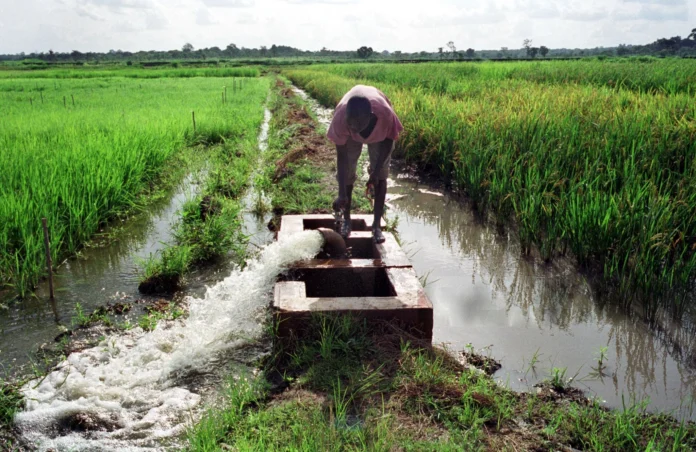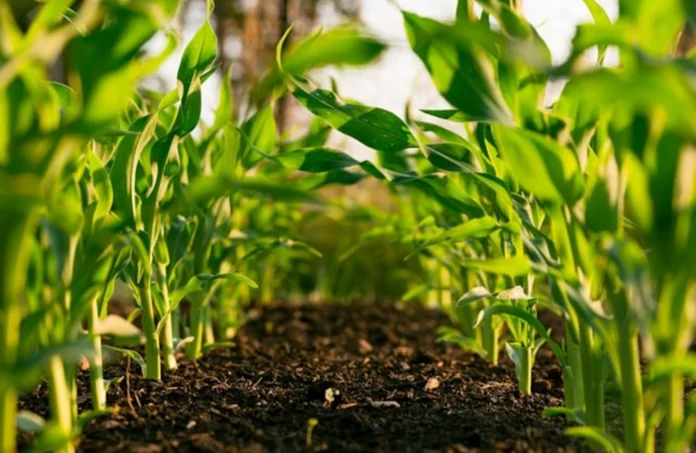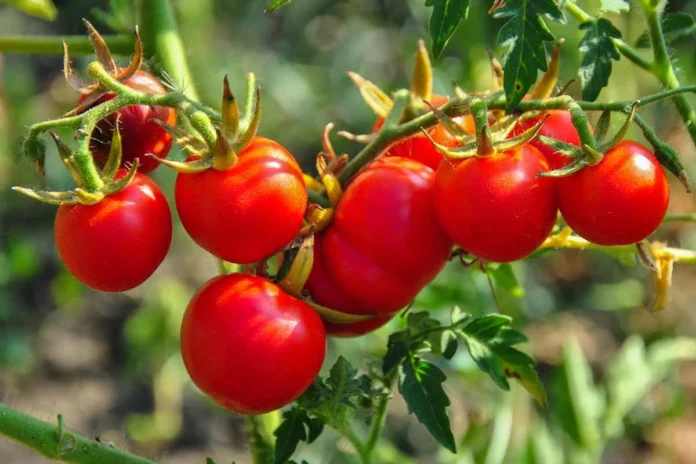Arabfields, Pretoria, South Africa — As South Africa’s table grape sector gears up for what promises to be another robust export season, an innovative partnership has been celebrated for turning logistical hurdles into opportunities for efficiency and growth. The South African Table Grape Industry (SATI) and logistics firm Transnova Africa have jointly received the prestigious Platinum Award at the 2025 GIBS Logistics Achiever Awards, recognizing their groundbreaking Prescriptive Logistics Model that has revolutionized fresh produce exports amid ongoing challenges at key ports.
This accolade comes at a pivotal time for the industry, which is preparing to harvest and export approximately 80 million cartons of table grapes in the 2025/26 season, according to SATI’s estimates. This figure aligns closely with recent forecasts projecting between 79.4 million and 81 million cartons, depending on weather conditions, marking a potential 1% increase from the previous year. Favorable winter rains and the introduction of new-generation varieties have bolstered optimism, positioning South Africa to maintain its status as the world’s fourth-largest table grape exporter.
South Africa’s table grape industry is a cornerstone of the nation’s agricultural sector, contributing significantly to economic output and employment. In 2024, the industry generated ZAR 15 billion in gross value of production, accounting for 3% of the country’s total agricultural GVP. It supports nearly 105,000 jobs, representing 11% of agricultural employment and 0.6% of overall national employment. With vineyards spanning 19,401 hectares, a slight 0.4% decrease from the prior year but still robust, the sector exports to over 50 countries, primarily in Europe, the UK, and Asia.
The industry’s success, however, has not been without obstacles. In recent years, persistent logistical bottlenecks at the Port of Cape Town, including equipment failures, weather disruptions, and operational inefficiencies, have plagued exporters. These issues culminated in extended transit times and stock build-ups, threatening the freshness and marketability of perishable goods like table grapes. During the 2023/24 season, such challenges led to significant delays, prompting SATI to seek innovative solutions to safeguard the sector’s global reputation for reliability and quality.
In response to these mounting pressures, SATI commissioned Transnova Africa, a leading supply chain consultancy specializing in advanced analytics and optimization, in April 2024 to develop the Prescriptive Logistics Model. This collaboration marked a first for South Africa’s agri-export sector, introducing digital twin technology, a virtual replica of physical systems that allows for real-time simulation and predictive analysis.
Digital twin technology, widely used in industries like manufacturing and aviation, creates a dynamic, data-fed model of the entire export network, from vineyards to ports and beyond. In the context of table grapes, it simulates scenarios involving container allocation, shipping routes, and potential disruptions, enabling proactive decision-making. “The model digitally replicates the country’s export network to simulate real-time scenarios, optimise container allocation, and identify the most efficient routes to market,” SATI explained in its announcement.
The development was driven by a need to address specific pain points at the Cape Town Container Terminal, where longer dwell times had inflated costs and risked product spoilage. Transnova Africa’s expertise in data-driven logistics proved instrumental, transforming raw operational data into actionable insights.
The Prescriptive Logistics Model was rolled out in two phases, each building on the last to deliver tangible improvements.
- Phase 1 (2023/24 Season): Focused on retrospective analysis, the model used digital twin tech to provide stakeholders with data-driven insights into the season’s constraints. It identified bottlenecks and proposed optimal mitigation strategies, laying the groundwork for enhanced planning.
- Phase 2 (2024/25 Season): Evolving into a tactical tool, the model offered fortnightly recommendations and risk scenarios. This enabled growers and exporters to adjust strategies in real time, aligning with market demands and minimizing disruptions. “It delivered actionable strategies to mitigate risks, align with market shifts, and optimise route-to-market plans, enhancing the industry’s global competitiveness,” SATI noted.
The results were impressive. In the 2024/25 season, exports reached a record 78.2 million 4.5kg-equivalent cartons, a 5% increase from the previous year, despite ongoing challenges. Stock build-ups at the Cape Town terminal were reduced, peaking for shorter periods, and the proportion of exports routed through Cape Town rose to 90% (including 7% via conventional methods), up from 82%. Regional outputs also surged, with the Hex River Valley leading at 25.3 million cartons (a 9% increase), followed by Orange River (25 million, +3%), Berg River (19.5 million, +5%), and others.
Collaboration with state-owned enterprise Transnet and other stakeholders played a key role in these gains, easing logistical strains and demonstrating the model’s efficacy in fostering resilience.
The Platinum Award, the highest honor in the GIBS Logistics Achiever Awards program, celebrates organizations that exemplify excellence in supply chain management through sustainable and innovative practices. Hosted by the Gordon Institute of Business Science (GIBS), the awards have long recognized trailblazers in logistics, with past winners including major players in transport and procurement.
For SATI and Transnova Africa, the award underscores how their partnership turned adversity into advantage. “The innovative collaboration helped transform one of South Africa’s most challenging export seasons into a story of innovation, resilience, and measurable performance improvement across the agricultural value chain,” SATI stated.
Mecia Petersen, CEO of SATI, emphasized the broader significance: “The award is a milestone that aligns with its broader objective to maintain and promote South Africa’s reputation as a reliable global supplier of consistent quality table grapes.” While no direct quotes from Transnova Africa were available in announcements, the firm’s LinkedIn profile highlights the win as a testament to supply chain excellence.
Building on this success, SATI is advancing the model further, positioning it as a strategic enabler for the broader fresh produce sector beyond table grapes. In October 2025, the organization invited exporters to participate in a free Proof of Concept trial, aiming to extend the tool’s benefits industry-wide. This expansion could address similar challenges in other perishable exports, such as citrus and deciduous fruits, potentially bolstering South Africa’s overall agricultural competitiveness.
As the 2025/26 season commences, with improved port performance and favorable growing conditions, the industry is poised for continued expansion. Experts anticipate that innovations like the Prescriptive Logistics Model will be crucial in navigating global uncertainties, from climate change to trade fluctuations.
In an era where supply chain resilience is paramount, the SATI-Transnova Africa collaboration serves as a model for how technology and partnership can drive sustainable progress in agriculture. This Platinum Award not only honors past achievements but also signals a brighter, more efficient future for South Africa’s table grape exports.












